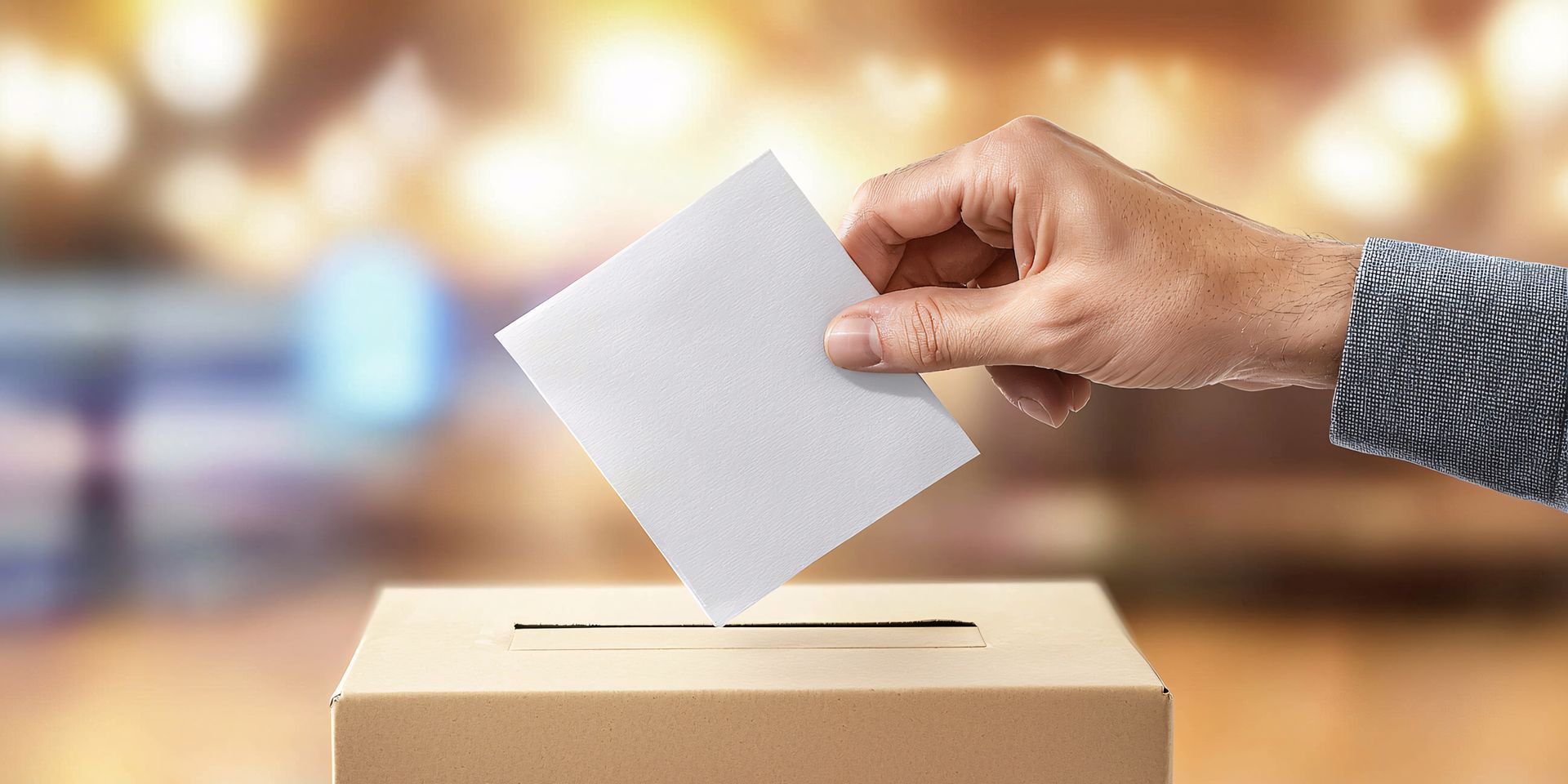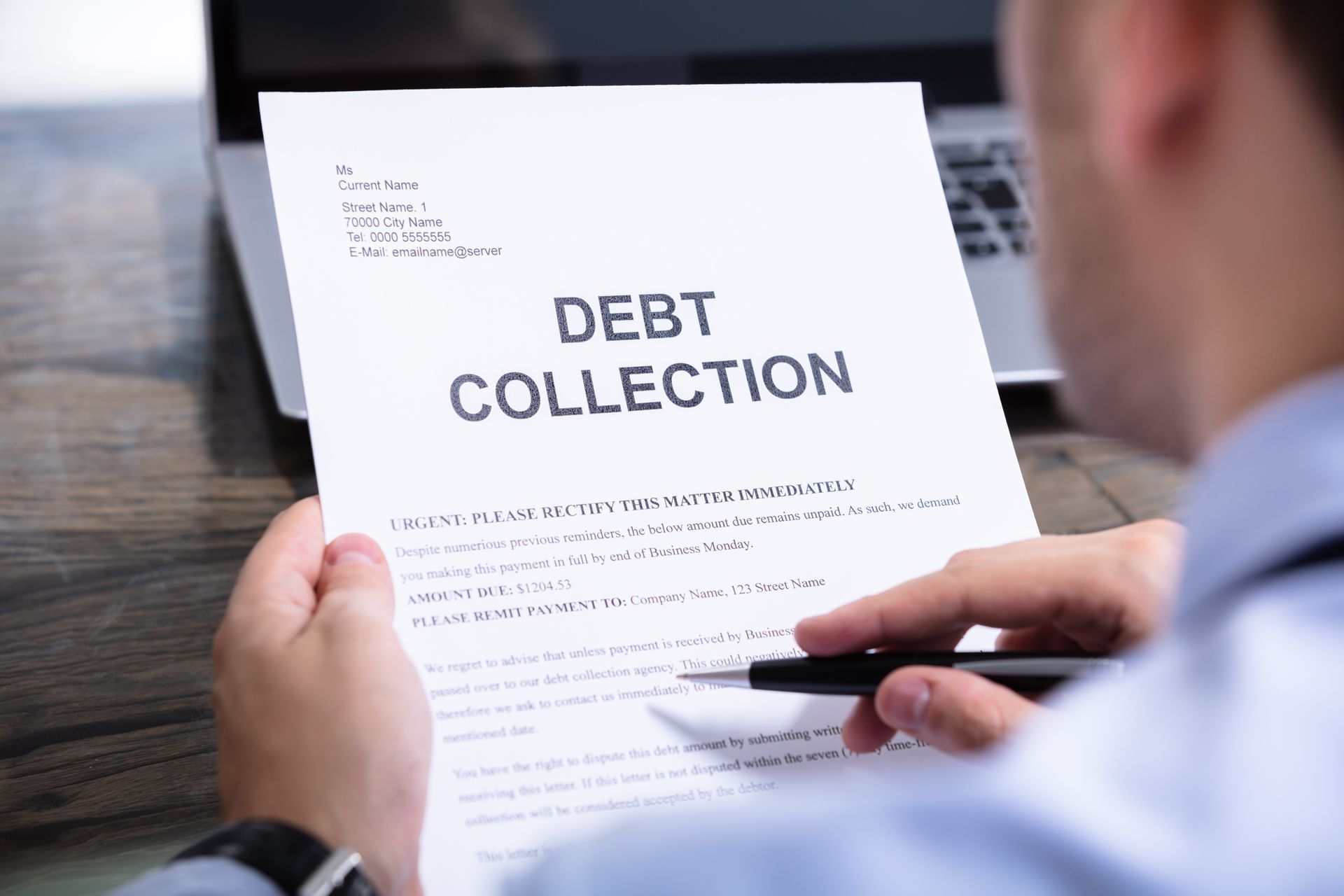
You cannot vote if you are incarcerated and serving a felony sentence in prison, jail or residential reentry center, but you can vote if you are on parole. Minnesota has one of the more lenient felon civil rights restoration processes. You do not need to petition to have your right to vote restored. In fact, even people convicted of a felony can vote as long as they are not incarcerated on election day.
You should be allowed to vote in Minnesota if you are:
- Living in a residential reentry center for non-incarcerated purposes or as pretrial detention or state-supervised release
- Convicted of a misdemeanor or gross misdemeanor
- In jail but not serving a felony sentence
- Charged with but not convicted of a felony, and those who have been convicted of a felony but are not yet incarcerated
- Granted a stay of adjudication
- Granted work release during the day, even if they must return to jail at night
Recent Changes to Voting Rights Restoration in Minnesota
In June of 2023, Minnesota passed a law that significantly expanded the voting rights of individuals with felony convictions. Under this new legislation, individuals convicted of a felony in Minnesota can regain the right to vote immediately upon their release from incarceration.
This is a major shift from the previous law, which required ex-felons to complete their full probation or parole period before being allowed to vote.
However, it's important to note that while voting rights are automatically restored after release from prison, individuals who are still serving time for a felony—whether on probation, parole or supervised release remain ineligible to vote until they are fully released.
Other Rights Ex-Felons May Lose
Although Minnesota has made strides in restoring voting rights to ex-felons, there are other civil rights that remain restricted for individuals with felony convictions. These restrictions vary depending on the severity of the crime and can impact an ex-felon’s ability to fully reintegrate into society.
Firearm Ownership
One of the most significant rights ex-felons lose is the right to own or possess a firearm. Under federal law and Minnesota state law, individuals convicted of a felony are generally prohibited from possessing firearms. In Minnesota, individuals convicted of a violent felony permanently lose the right to own a firearm, although there are processes available for those seeking to have this right restored.
To restore firearm rights, an ex-felon may petition the court if they can demonstrate good cause for the restoration. The decision is up to the discretion of the court and takes into account the nature of the offense, the time since the conviction and the individual's behavior since their release. In some cases, a pardon from the governor may also be required to restore these rights.
Jury Service
Another civil right ex-felons lose in Minnesota is the right to serve on a jury. This restriction applies to individuals convicted of felonies, and there is no automatic restoration process for this right. Like with firearm rights, ex-felons must petition the court if they wish to have this right restored.
Holding Public Office
Ex-felons are also barred from holding public office in Minnesota. While voting rights are restored upon release from incarceration, the right to hold office is not automatically returned.
Similar to other civil rights, individuals who wish to hold public office after a felony conviction may need to go through a petition process to have this right restored.
Employment and Housing Discrimination
Although not a "right" in the legal sense, ex-felons may face significant hurdles when seeking employment or housing due to their criminal record. Minnesota has enacted Ban the Box laws, which prohibit employers from asking about criminal history on job applications, giving ex-felons a fairer chance at securing employment.
However, background checks can still be conducted later in the hiring process, and some professions, particularly those involving vulnerable populations or requiring professional licensing, may be inaccessible to individuals with felony convictions.
Petitioning for Rights Restoration
As noted, ex-felons in Minnesota may need to petition the court to regain certain rights, such as the right to own a firearm or serve on a jury. The petition process is not automatic and requires careful preparation. The court will consider several factors, such as the nature of the crime, the time that has passed since the conviction and the individual's conduct since their release. In some cases, a pardon from the state's governor may be necessary.
For individuals who seek a pardon, Minnesota has a formal pardon process through the Minnesota Board of Pardons, which consists of the governor, the attorney general and the chief justice of the Minnesota Supreme Court. A unanimous decision is required for a pardon to be granted, making it a difficult but not impossible option for ex-felons seeking full restoration of their rights.
Restore Your Voting Rights By Seeking Legal Guidance in Minnesota
If you or someone you know is an ex-felon in Minnesota seeking to restore their voting rights or other civil rights, consulting with a knowledgeable attorney can make a significant difference in navigating the legal processes.
To connect with an attorney, contact us today at the Minnesota Lawyer Referral and Information Service or give us a call at (612) 752-6699.




